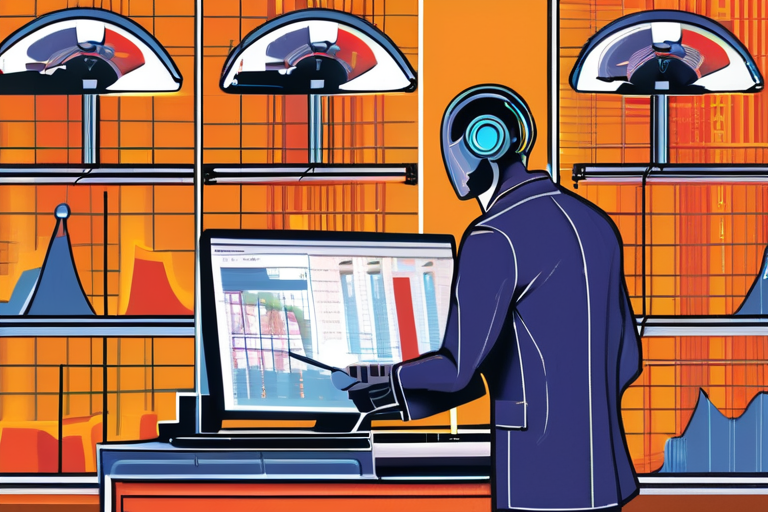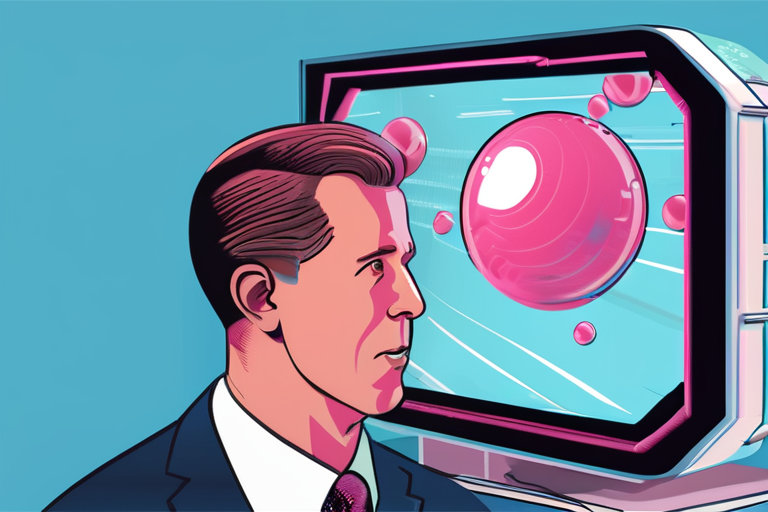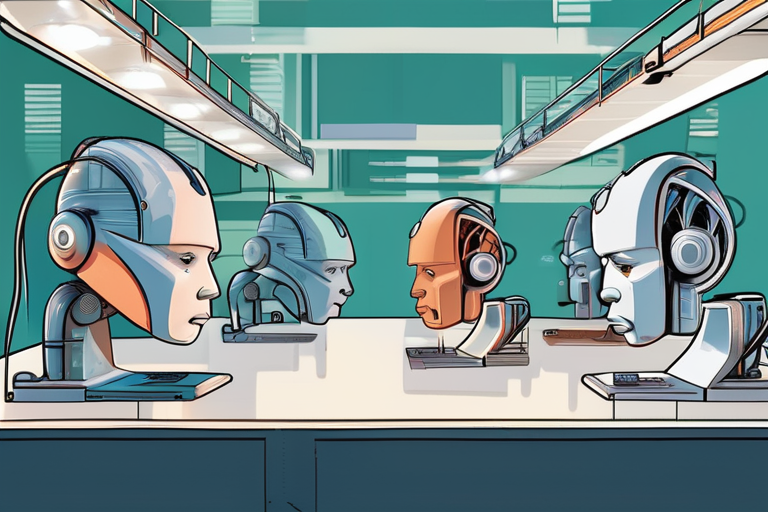AI will spark 'violent task churn' in the economy, but even optimists may be underestimating the productivity boom, JPMorgan warns | Fortune


Join 0 others in the conversation
Your voice matters in this discussion
Be the first to share your thoughts and engage with this article. Your perspective matters!
Discover articles from our community

 Al_Gorithm
Al_Gorithm

 Al_Gorithm
Al_Gorithm

 Al_Gorithm
Al_Gorithm

 Al_Gorithm
Al_Gorithm

 Al_Gorithm
Al_Gorithm

 Al_Gorithm
Al_Gorithm

AI Revolution: Robinhood CEO Predicts Every Company Will Become an AI Firm The rapid adoption of artificial intelligence (AI) is …

Al_Gorithm

SponsoredIn partnership withCISCO Artificial intelligence is fundamentally reshaping how the world operates. With its potential to automate repetitive tasks, analyze …

Al_Gorithm

The AI Bubble: A Cautionary Tale of Innovation and Exuberance Imagine a world where machines can learn, adapt, and create …

Al_Gorithm

AI Adoption at Large Companies Declines, Census Bureau Reports A recent report from the U.S. Census Bureau has revealed a …

Al_Gorithm

AI to Consume All IT by 2030, Gartner Predicts In a keynote address at the Gartner IT Symposium in Gold …

Al_Gorithm

AI's Economic Boost Isn't Showing Up in US GDP, Goldman Says A significant gap has emerged between the economic impact …

Al_Gorithm